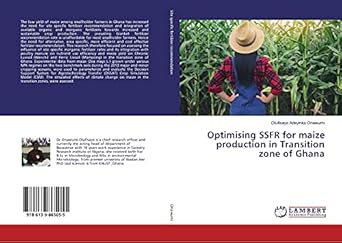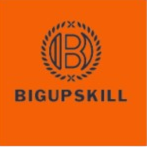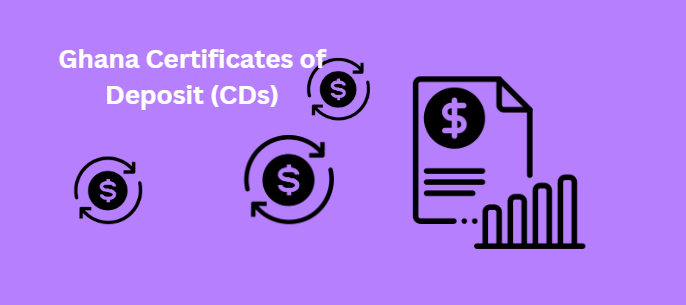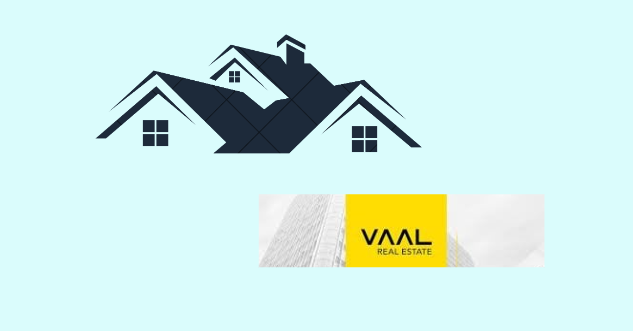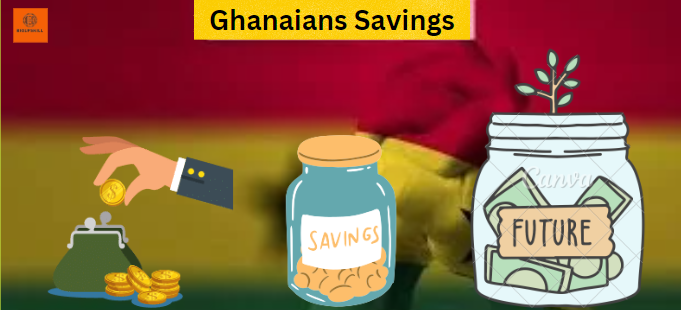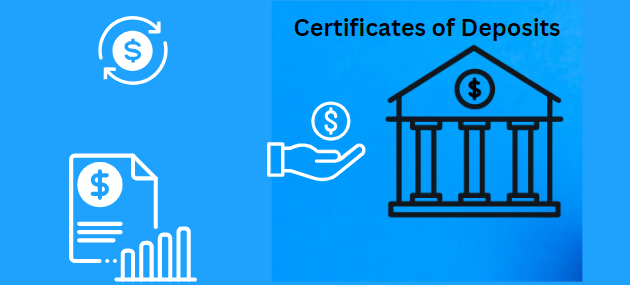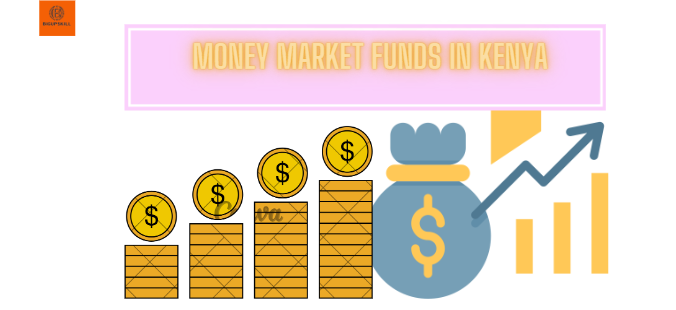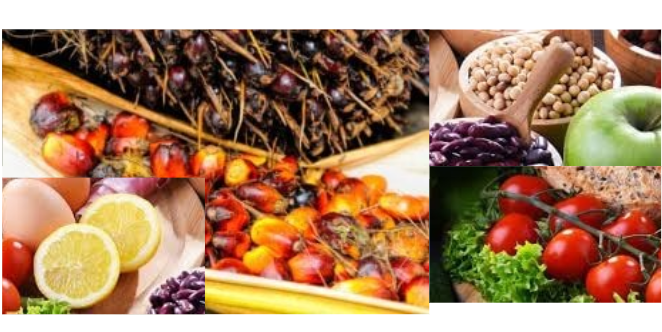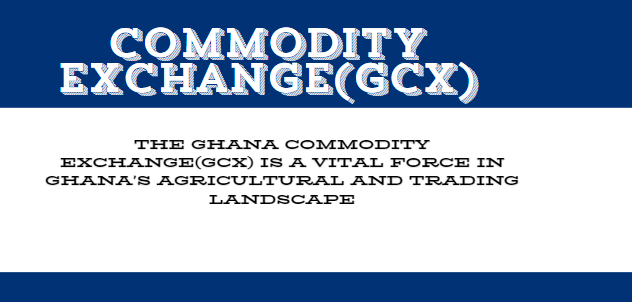
Ghana Commodity Exchange(GCX)
The Ghana Commodity Exchange(GCX) is a vital force in Ghana’s agricultural and trading landscape. It was created to enhance the efficiency of commodity transactions, offering a dynamic platform where farmers, traders, and investors can engage in the buying and selling of diverse commodities.
What does the Ghana Commodity Exchange do?
The Ghana Commodity Exchange facilitates the trading of agricultural commodities. It provides a structured marketplace where buyers and sellers can transact with confidence. It aims to improve price discovery, reduce post-harvest losses, and enhance market access for smallholder farmers. The GCX operates on a digital platform that allows participants to trade in real-time, ensuring transparency and efficiency in transactions. By linking producers directly with buyers, it helps eliminate intermediaries, thereby increasing profit margins for farmers.
The exchange primarily focuses on staple crops such as maize, rice, soybeans, and cashew nuts. It also plays a crucial role in promoting warehouse receipt systems. It allows farmers to store their produce securely while accessing credit against their stored goods.
Who is the CEO of the Ghana Commodity Exchange?
As of October 2023, the Chief Executive Officer (CEO) of the Ghana Commodity Exchange(GCX) is Dr. Akwasi Osei Adjei. He has been instrumental in driving the strategic vision of the exchange since his appointment. Under his leadership, GCX has expanded its operations and improved its services to better serve stakeholders within the agricultural sector.
When was the Ghana Commodity Exchange(GCX) established?
The Ghana Commodity Exchange was officially established in 2018. Its inception marked a significant milestone in Ghana’s efforts to modernize its agricultural sector and create an organized market for commodity trading. The establishment was part of broader initiatives aimed at enhancing food security and improving livelihoods through better market access.
Who owns commodity exchange?
The ownership structure of the Ghana Commodity Exchange includes both public and private stakeholders. It is a public-private partnership involving various entities such as government agencies. Private investors, and international development partners who have contributed to its establishment and operational framework. The Ministry of Food and Agriculture (MoFA) plays a significant role in overseeing its activities while ensuring alignment with national agricultural policies.
What are the three types of commodities?
Commodities traded on platforms like the GCX fall into three broad categories:
- Agricultural Commodities: This category covers products from farming, including grains (such as maize and rice), oilseeds (like soybeans), nuts (including cashew nuts), and livestock.
- Energy Commodities: These natural resources power energy production and include crude oil, natural gas, and coal.
- Metal Commodities: This group consists of materials obtained through mining, including precious metals like gold and silver, and industrial metals such as copper and aluminum.
Each category has unique characteristics that impact their market prices, driven by supply and demand factors.
How do you trade in commodity exchange?
Trading on the GCX involves several key processes
- Registration: To register, participants must provide GCX with the required paperwork, which may include information about their identity and business registration.
- Account Setup: Traders must open an account with a licensed broker or, if appropriate, directly with GCX after registering.
- Market Analysis: Traders should use techniques like technical analysis and fundamental analysis to carry out in-depth studies on market trends that impact commodities pricing.
- Placing Orders: Using their broker or the GCX online trading interface, users may place buy or sell orders whenever they’re ready to trade.
- Execution: We match orders according to current market prices and update successful trades in traders’ accounts.
- Settlement: After execution, we process trades and make payments based on the agreed terms.
Traders must stay informed about market conditions that could affect prices such as weather patterns affecting crop yields or geopolitical events impacting supply chains.
How do commodity traders make money?
Commodity traders can generate profits through several strategies:
- Speculation: Traders buy low and sell high based on anticipated price movements influenced by market trends or news events.
- Hedging: Producers often use futures contracts to lock in prices for their commodities ahead of time to protect against price fluctuations.
- Arbitrage: Some traders exploit price discrepancies between different markets or exchanges by buying at lower prices in one location while selling at higher prices elsewhere.
Successful trading requires knowledge of market dynamics along with effective risk management strategies.
How much money do I need to trade commodities?
Starting a commodities trading account requires a different amount based on several things, such as:
- Requirements for Brokers: The minimum deposit amounts for brokers vary, ranging from hundreds to thousands of dollars.
- Type of Trading Account: Institutional accounts, which usually involve greater sums owing to higher volume trading, may demand more capital than retail accounts.
- Leverage Options: Leverage is a feature of many brokers that enables traders to manage larger positions with smaller investments, but it also dramatically raises risk exposure.
In general terms, aspiring commodity traders should consider starting with at least $500-$1,000 but having more capital provides greater flexibility for managing trades effectively.
In conclusion, understanding how the Ghana Commodity Exchange(GCX) operates provides valuable insights into how agricultural markets function within Ghana’s economy while offering opportunities for both local farmers and investors alike.
